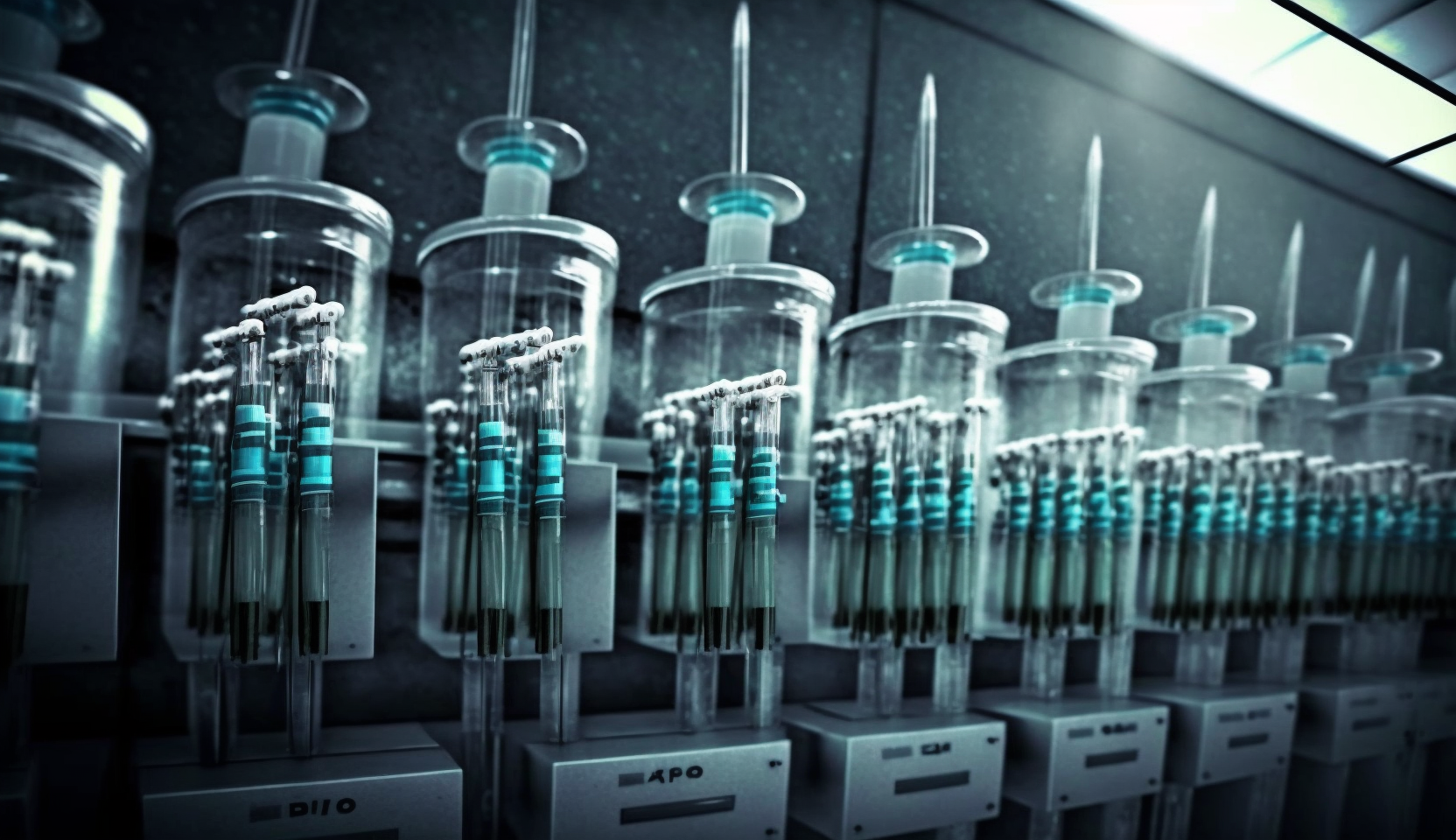UK pharmaceutical giant AstraZeneca has finalized its $1.1 billion acquisition of Icosavax, a Seattle-based biotechnology company specializing in virus-like particle (VLP) vaccines. This buyout provides key insights into AstraZeneca’s pipeline strategy and the ongoing consolidation in the biopharma sector.
Icosavax was founded in 2017 as a spinout from the University of Washington’s Institute for Protein Design. The company leverages computationally designed VLPs to induce robust and durable immune responses against respiratory viruses, including COVID-19, respiratory syncytial virus (RSV), and human metapneumovirus (hMPV).
Since its founding, Icosavax has raised over $150 million in private funding and completed a successful IPO in 2021. However, the company caught the eye of pharma giant AstraZeneca, who sees Icosavax’s VLP platform and talented research team as a strategic fit.
For AstraZeneca, this acquisition provides access to a versatile new vaccine modality with broad applicability beyond Icosavax’s current clinical programs. It also bolsters AstraZeneca’s pipeline with a Phase 1/2 COVID-19 vaccine candidate, IVX-411, which produced robust neutralizing antibody titers in early clinical testing.
Broader Implications for Investors and the Biopharma Industry
The buyout has several key implications for biotech investors and industry dynamics. Firstly, it highlights that platform technologies with versatile applications across disease areas remain highly valued, even in the ongoing biotech market downturn. Vaccines also continue to see strong corporate interest after the pandemic spotlight.
Secondly, it reflects Big Pharma’s pursuit of emerging biotech innovation to replenish pipelines and access cutting-edge modalities like VLPs. With the Icosavax deal, AstraZeneca gains talented scientists and potential new products without costly in-house R&D.
Thirdly, from a structure standpoint, the deal provides an upfront cash payout to Icosavax investors but leaves upside through future contingent payments on pipeline advancement. This highlights a flexible model to balance the high valuations sought by biotechs with the risk management needs of acquirers.
Finally, the buyout continues the wave of consolidation between large and small biopharma players. With the market downturn squeezing biotech funding, more mergers and acquisitions are likely on the horizon. Investors should watch for other innovative biotechs with promising science that become acquisition targets.
What Drove AstraZeneca’s Interest in Icosavax
AstraZeneca has been one of the more active Big Pharmas on the M&A front, and the Icosavax deal provides strategic rationale. The VLP technology adds a promising new platform to AstraZeneca’s vaccine capabilities, already bolstered by its previous acquisitions of drug delivery player MedImmune and biotech Sobi.
Icosavax’s potential COVID-19 and RSV vaccine candidates can be added to AstraZeneca’s pipeline as it looks to expand beyond its core oncology portfolio. Additionally, Icosavax’s team and VLP engineering expertise will be valuable assets for the company.
By acquiring Icosavax while still early-stage compared to more established biopharmas, AstraZeneca secures access to the technology at a reasonable price. The $1.1 billion price tag is well below the multi-billion deals that some commercial-stage biotechs have commanded.
Overall, Icosavax represented an opportunity for AstraZeneca to obtain cutting-edge vaccine technology and talent to boost its R&D capabilities in new directions. It highlights that Big Pharmas are willing to buy innovation at early stages rather than develop it internally.
The Future for Icosavax’s Programs
While the buyout places Icosavax’s pipeline under AstraZeneca’s control, active development of the VLP programs is expected to continue. Lead COVID-19 vaccine candidate IVX-411 recently began Phase 1/2 trials, and its RSV and hMPV programs are progressing towards clinical stages as well.
AstraZeneca has expressed interest in advancing Icosavax’s full portfolio of vaccines leveraging the versatility of the VLP platform. Its resources and late-stage development expertise can help progress these experimental vaccines through clinical trials and regulatory approval pathways.
Meanwhile, Icosavax will continue operations as an AstraZeneca subsidiary based in Seattle. Keeping its operations separate allows Icosavax to retain its innovative biotech culture while benefiting from AstraZeneca’s financial backing and synergies.
In summary, AstraZeneca’s acquisition of Icosavax underscores its strategy of looking to smaller biotechs to supplement its pipeline with cutting-edge science. The deal rewards Icosavax investors for their early backing while retaining upside potential through milestone payments. For the biopharma industry, it exemplifies the ongoing consolidation between pharmas and biotechs amidst market pressures. Investors should watch for other emerging biotechs that may become tomorrow’s M&A targets.

